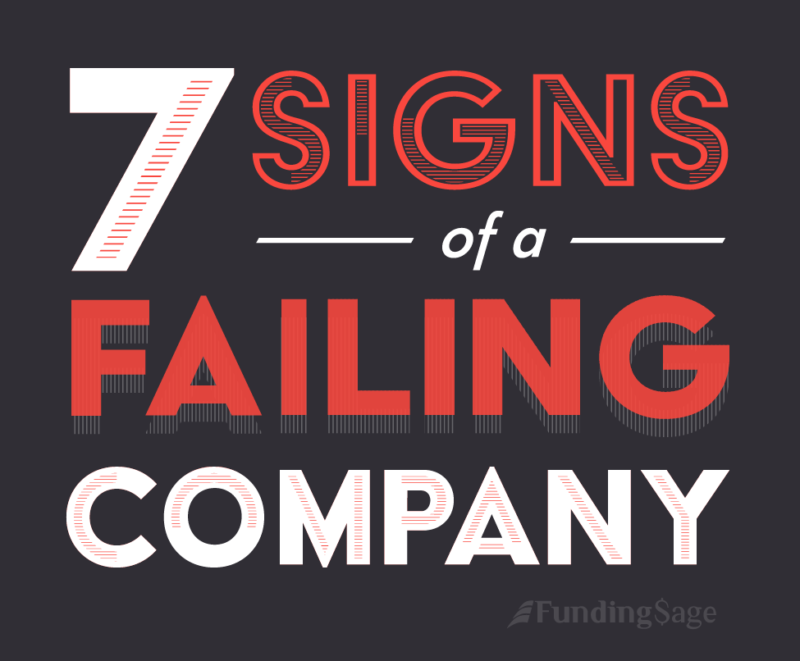
The process from Concept to Startup is not as confusing as you may think!
You think to yourself, “This is painful”, while realizing you have been here before…. but it doesn’t have to be this way. You have an idea for how this problem can be resolved. It’s a good idea. No, it’s a Great Idea!
But what do you do now? How do you turn your idea into a company? Where do you start?
5 Steps from Concept to Startup
1. Ideation
The good news is: you’ve already started. Recognizing the pain-point you and others have encountered is the beginning of the process. Now, that pain-point needs to turn into a problem statement that verifies that others experience the same pain. Validating others have experienced this pain initiates a customer discovery process. That is when you can gain an understanding of the potential market and market size.
Once the pain-point has been validated, you must establish processes to understand the following elements of Ideation:
- Potential customers’ interest in your concept and their thoughts on the potential solution,
- Skills and technology required for developing a prototype,
- Risks associated with the development and the potential costs of production.
How to Launch a Tech Startup If You Are a Non-Technical Founder
2. Understanding the Competitive Environment
Identifying the competitive environment is essential for business strategy. Ultimately, this step helps you understand your potential concept compared to direct competitors or those offering substitutions in the marketplace. Therefore, analyzing the potential competitors’ products, the technology they possess and utilize, the strength of their teams, and their financial capabilities is all part of the competitive environment.
Always remember to step back and look at the bigger picture – how saturated is your target market?
If you have researched and found that there are twenty companies with your same idea in the same region, your concept will have a difficult time with competition. On the other hand, if you find no competitors at all then you may need to re-evaluate the necessity of your concept and its pain-point. A comprehensive understanding of the competitive environment can make or break your business.
3. Organization
This is the most critical step. Once you have done your homework concerning ideation and competition, you begin the process of organization. This includes legally establishing the company and submitting the appropriate filings to the various government agencies and organizations. First and foremost, you need to determine where you should incorporate your startup. This is also when you begin the process of “papering” or documenting your relationships with potential investors, co-founders, and employees.
4. Branding & Marketing
The initial Branding & Marketing occurs simultaneously with the organization of your startup. This process involves naming the company, securing the rights to trademark the name and logo, obtaining an appropriate URL, and creating social media handles. This is when you will also conduct your initial efforts toward understanding your potential channels to market.
Keep in mind that Branding & Marketing establishes the “face” or image of the company. You may have a revolutionary high-quality product, but if you invest in low-quality marketing then it will always appear as a low-quality product.
5. Pitching
Hopefully, you have documented your findings and decisions as you proceed through the steps. This is important because documentation will be helpful and necessary as you begin your process of pitching to investors. During the pitching step, you develop the documents you will need for presenting to investors to obtain your initial funding. You also begin the pitching process by packaging your previously developed documentation to share with potential investors as part of any due diligence they may require.
Turn Your Concept Into a Startup for FREE – Limited Time Only!
In conclusion, a comprehensive effort from these five steps from concept to startup should prepare you for your initial funding pitches to investors.
For the latest entrepreneurial updates follow us on LinkedIn









